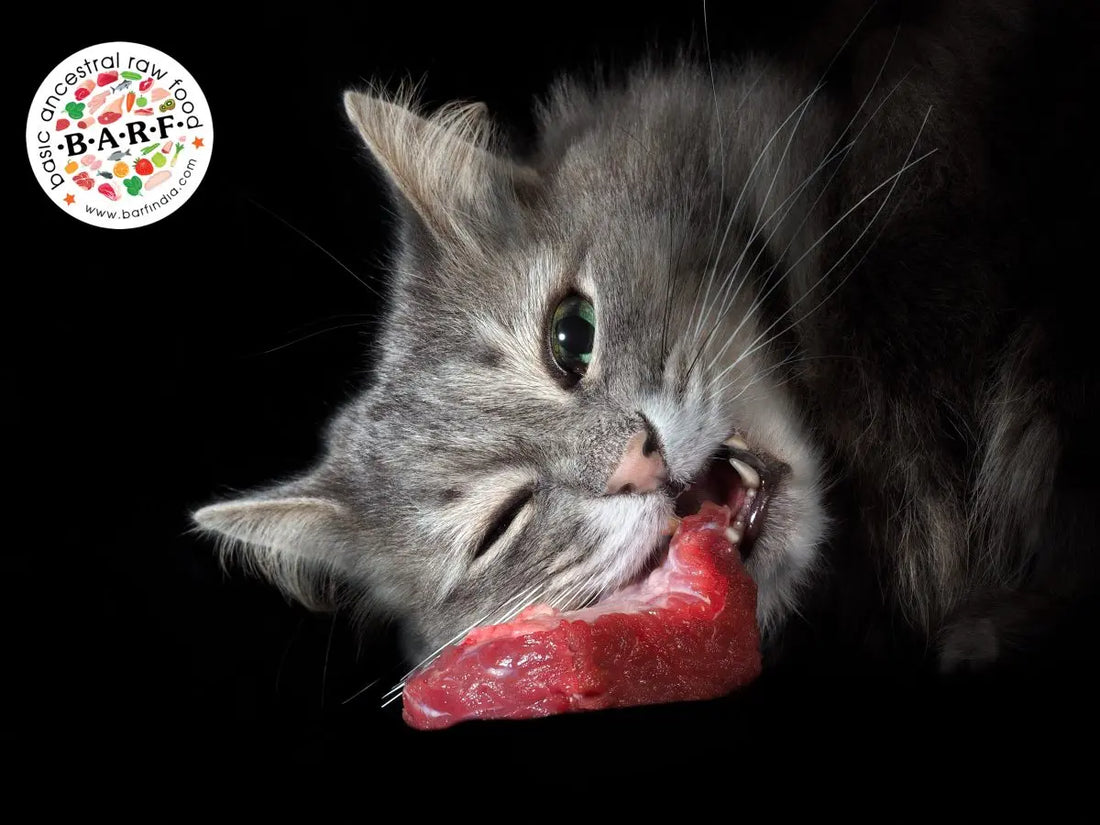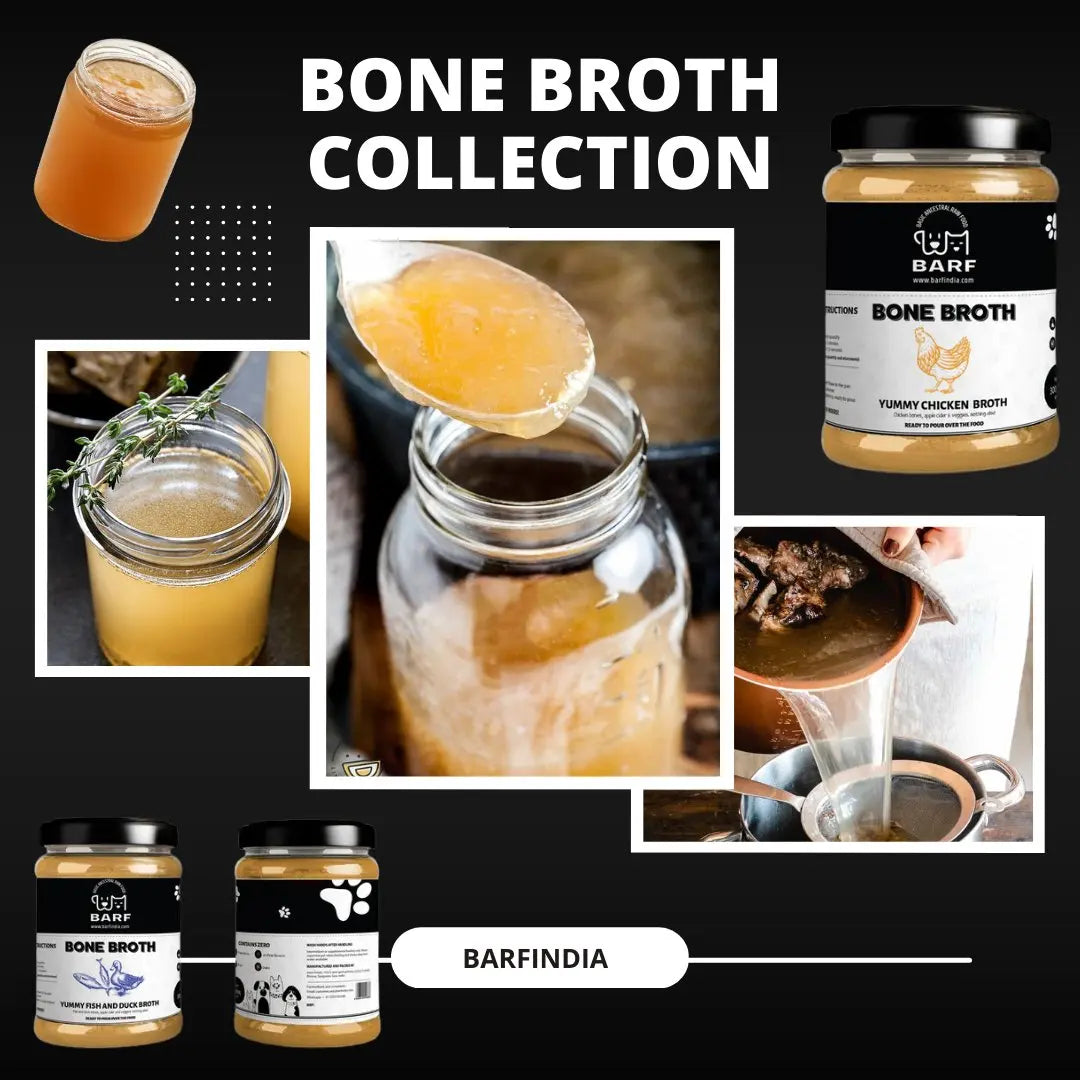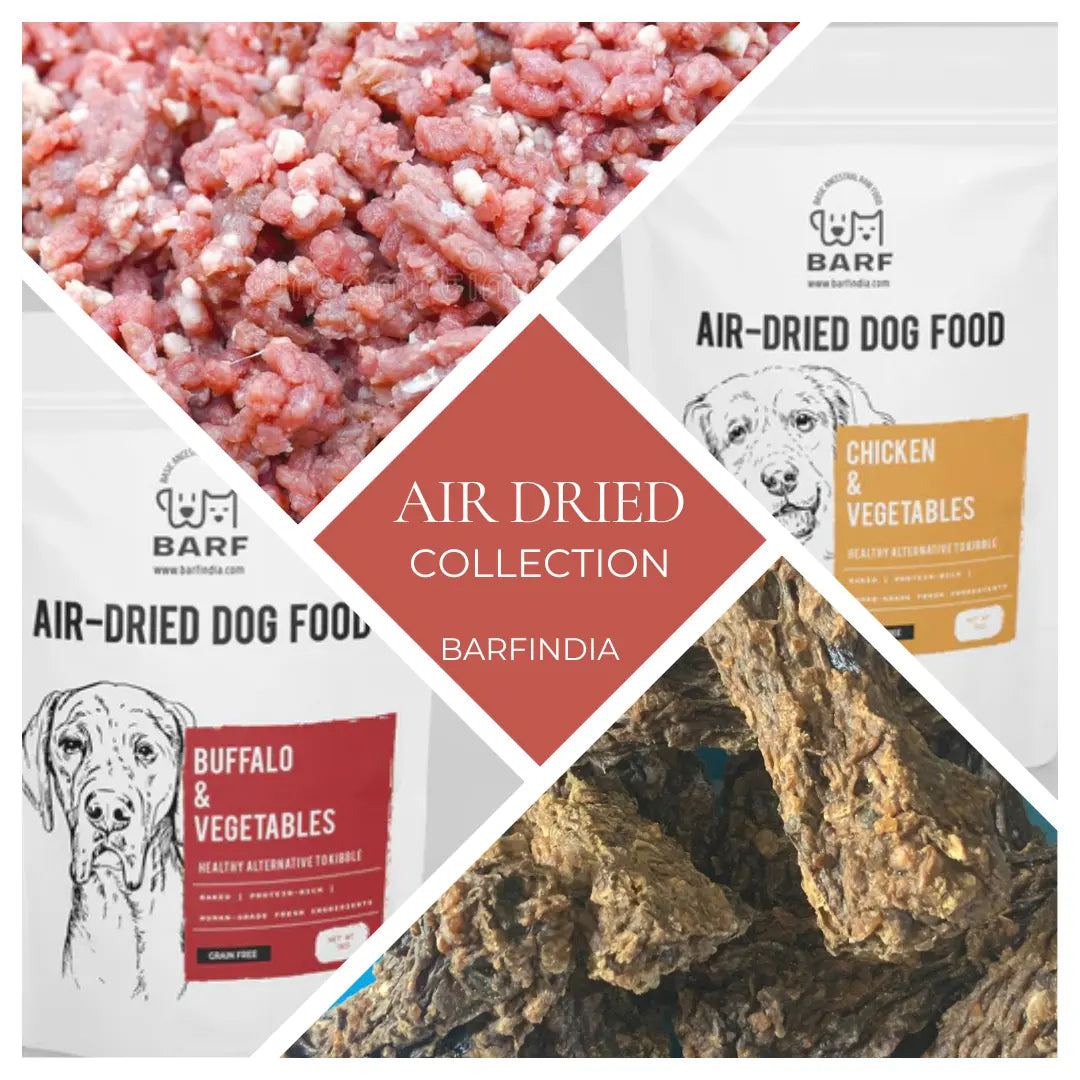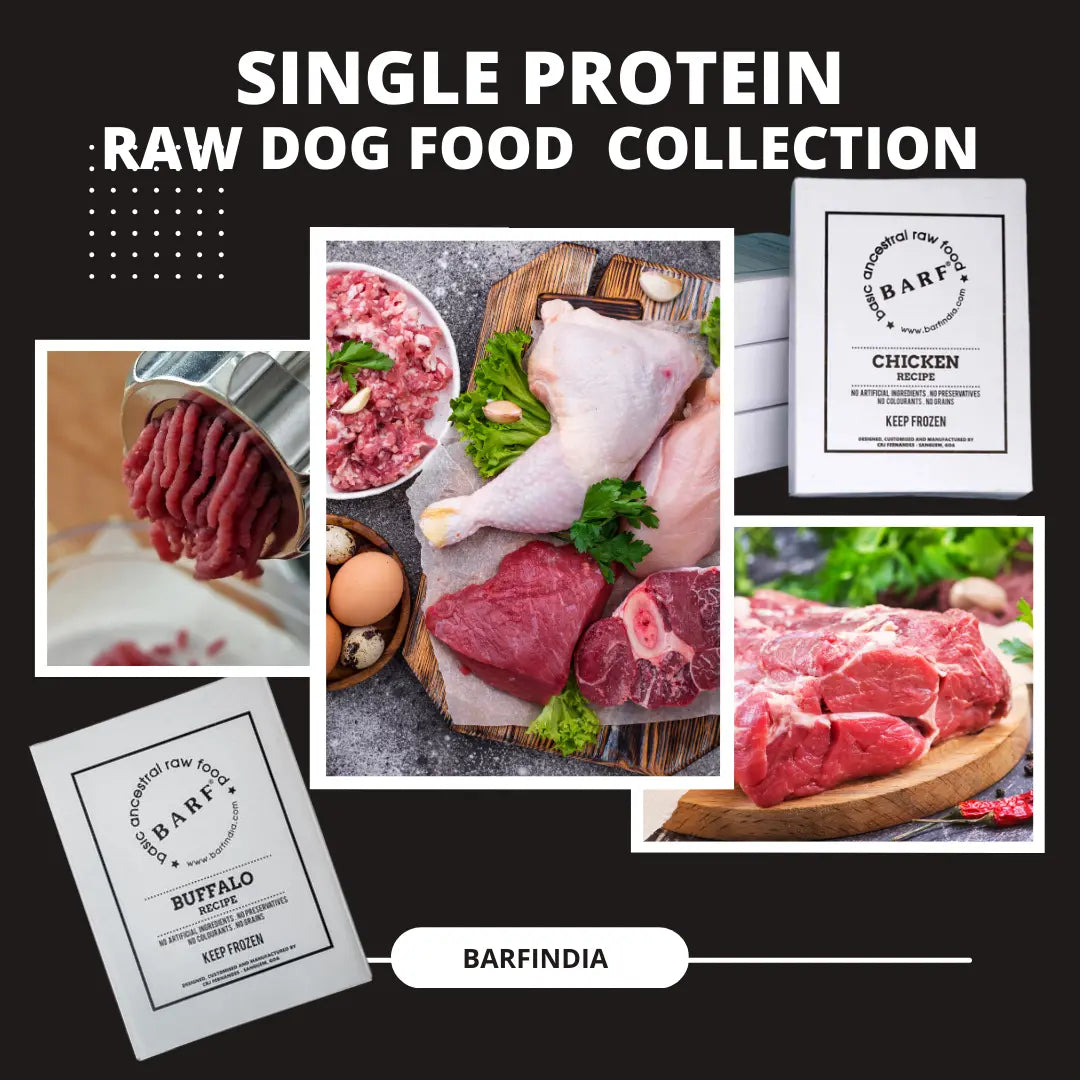
Did you know about Taurine deficiency in cats?
B.A.R.F. India AdministratorDid you know about taurine deficiency in cats?
Yes, cats have nine lives, but in each of them, you need to ensure that they get the right food and nutrition that they require. One of the overlooked essential ingredients for cats is taurine. And there is enough study to show that several pet cats do suffer from a lack of taurine, for no fault of their owners. Before we delve into the causes and remedies, let’s understand what the deficiency is all about.
What is Taurine deficiency?
Taurine is an important amino acid in cats and it takes care of a variety of important bodily functions including digestion, vision, heart function, and fetal development. Simply put, amino acids are fuels that the body needs to function properly. They are usually derived from protein that cats and other animals ingest and break down. Cats, however, are susceptible to taurine deficiency as they are unable to convert other amino acids into taurine, unlike some other animals can.
Recognizing taurine deficiency in your cats
It isn’t easy or quick to diagnose taurine deficiency in your cat. Symptoms progress slowly and often are not even immediately apparent. A few signs of taurine deficiency include:
- Retinal degeneration
- Irreversible blindness if retinal degeneration is not treated
- Weakening of the muscles of the heart, causing dilated cardiomyopathy
- Possible death, if cardiomyopathy is not addressed
- Digestive problems
- Fetal defects
- Smaller litter sizes
- Lower birth weights
- Delayed growth and development in kittens
You must understand that deficiency symptoms of taurine are often degenerative, which means they become worse over time unless addressed quickly.
Causes of taurine deficiency in cats
Taurine is naturally present in uncooked meat and that helps cats get a considerable portion of their requirement when in the wild. Cooking food however, has been shown to degrade or destroy Taurine. This is why you will notice commercial cat foods are supplemented with this nutrient. But the supplement rarely does the job as well as natural taurine does. Most cats that suffer from taurine deficiency are usually on a commercial diet or are fed home-prepared raw diets that do not include organ meat – containing the highest concentration of amino acids.
How do you diagnose taurine deficiency in your cat?
Unlike other illnesses, diagnosing taurine deficiency is difficult on its own. If you believe your cat could be suffering from this deficiency due to an improper diet, you will need to take her to your veterinarian who will go through your cat’s complete medical history. If you have noticed any of the above symptoms, this is when you must mention them to your vet. Share all details of your cat’s diet. If you have been feeding her commercial food, do bring along the bag or at least a picture of the ingredients list to show the vet. If your cat is fed a home-prepared diet you must document all the ingredients and provide this list to your vet at the time of the visit. Your veterinarian might run full blood and urine analysis to rule out any other conditions with similar symptoms. Any other tests that your vet will perform will depend upon the symptoms your cat is displaying. A detailed eye examination will be carried out to look for retinal degeneration. If the cat has been suffering from taurine deficiency, she will show signs of retinal degeneration (often irreversible). An ultrasound or chest X-ray will determine dilated cardiomyopathy or rule out a more serious genetic heart defect or damage. An electrocardiogram may also be performed to monitor your cat’s heart for normal rhythm.
What is the treatment process for taurine deficiency in cats?
The first step in treating taurine deficiency is supporting your cat’s underlying symptoms. Once you are certain that your cat has stabilised, your vet will begin supplementing the deficiency of taurine. The duration of the supplementing will depend entirely on how long has cat has been suffering and the severity of her symptoms. Some cats may require lifetime supplements. In several cases, synthetic taurine will be required as once deficiency has set in, and the condition has progressed too far, dietary changes alone will not be able to resolve the condition.
Recovery of taurine deficiency in cats
How well your cat recovers from the taurine deficiency will depend upon the progression of the condition and the level of damage that has happened due to the deficiency. If the taurine deficiency has been detected early on or has not yet caused permanent damage, once your cat is given sufficient taurine supplementation, the condition will regulate and your cat will have a better chance at a full recovery. However, if there is significant damage due to the deficiency, then your cat may require additional medications or support. If your cat’s heart has developed dilated cardiomyopathy, she may require medication to help support the condition. If there is a major loss or damage to your cat’s vision, you might need to rearrange your home and lifestyle to accommodate your cat’s daily life. You will also need to make dietary changes to overcome and manage the taurine deficiency going forward. Feed your cat a balanced diet which contains the right amounts of nutrients. If you are feeding a ready food, pay special attention to any recalls of commercial cat food to make sure your cat is receiving adequate nutrition.
Conclusion
As a pet parent, it is important that you monitor your cat’s health and ensure she does not suffer from any deficiencies. Feeding her a balanced,
is one of the best and more natural ways of ensuring all her dietary needs are taken care of.





